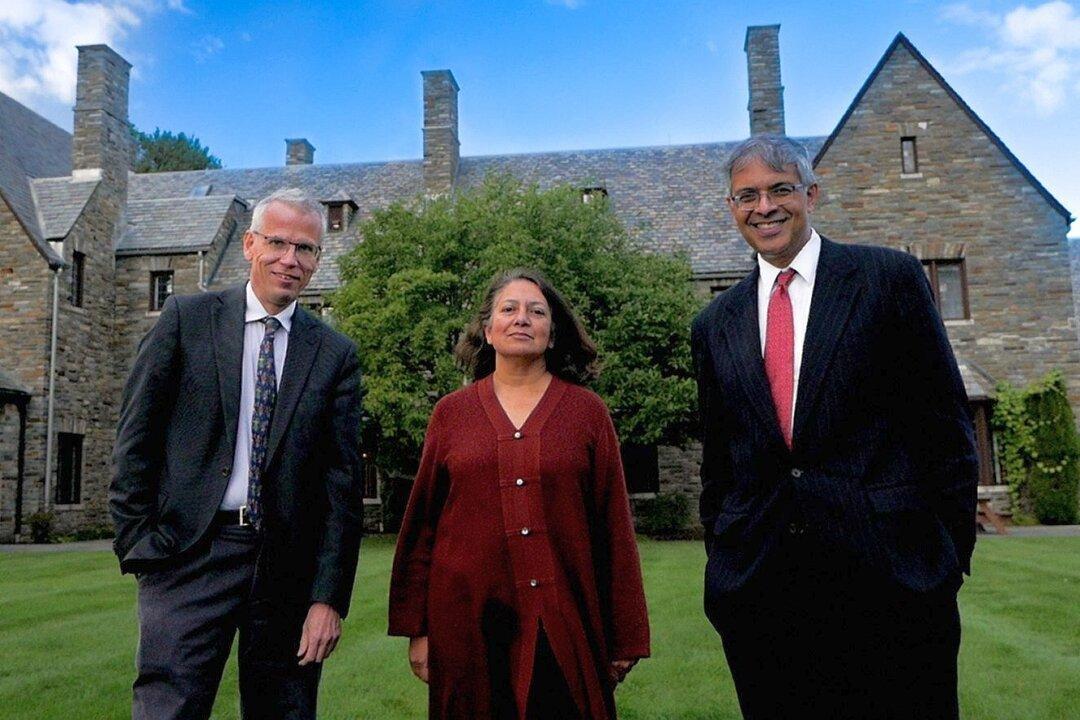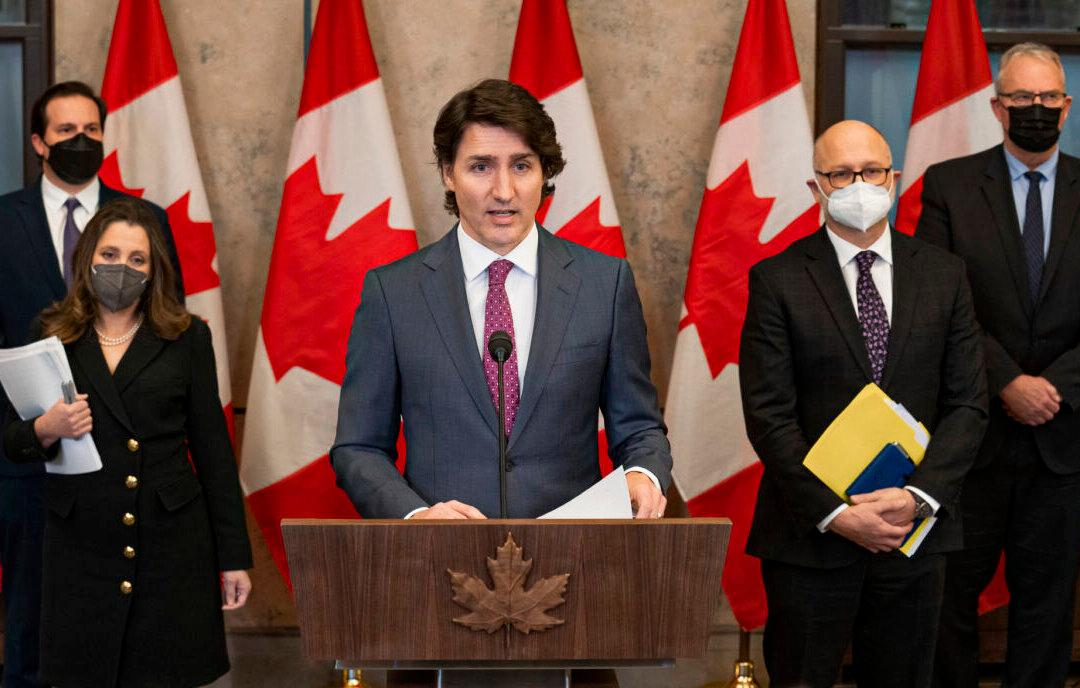Scientists opposed to COVID-19 lockdowns were viewed as “fringe” partly because those calling for draconian restrictions had more social media influence, a study has shown.
John Ioannidis, a Stanford University professor and expert in medical data science, analyzed the expertise of scientists that signed either the Great Barrington Declaration (GBD) or the John Snow Memorandum.





